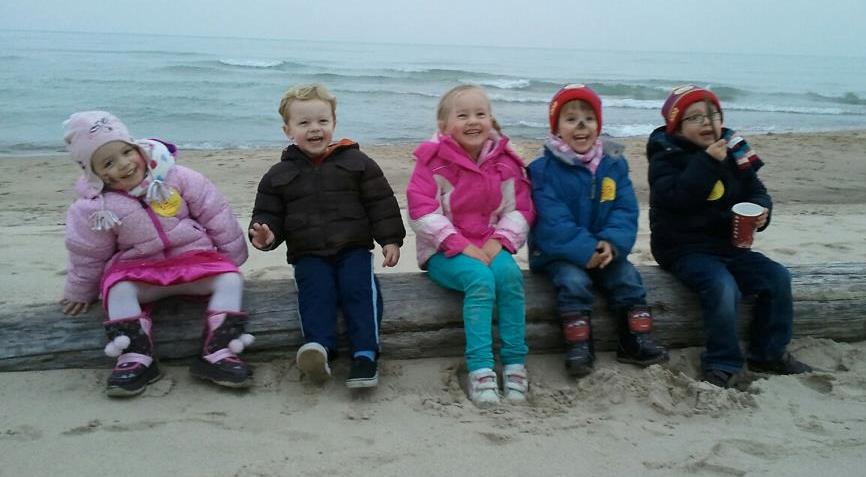A visit to the dentist is never first choice of how to spend an afternoon, but once in a while we all end up there. Today was a good-news-bad-news dental day for me.
My newest crown, just over a year old, has been sitting on a tooth that had been root-canaled less than 2 years before. Recently it had started to wiggle, so rather than take my usual irresponsible approach to the dental chair, I made a preventative appointment to investigate. (Normally I’d have waited for that sticky-food moment when the crown would have come off on its own.)
My new Michigan dentist, Dr. Matt, is a pro. He’s worked wonders for my various tooth challenges since I began seeing him a year ago and gets no blame for my wiggly crown. But after removing it today and studying the situation, he delivered his good-news-bad-news speech. Actually it was more like bad-bad-good-news.
Bad #1: the bit of tooth left under the crown was crumbling. Bad #2: the remaining root needed to be pulled a.s.a.p. The good news: I’d never miss it.
Dr. Matt was right about all that. As he went after the root, it came out in 6 pieces, a testimony to its precarious condition. And when it was all over an hour later, he tilted his head to one side, looked me in the eye and said, “I’m sorry it turned out this way.”
Lots of situations fall under the heading, “SORRY-IT-TURNED-OUT-THIS-WAY.” Parents say it to children, wives say it to husbands, husbands to wives, and friends to friends. And it’s interesting how hearing those words mitigates our disappointment or sadness, at least a little. Although Dr. Matt couldn’t prevent me from losing my molar, his “I’m sorry” (and the commiserating it implied) helped.
It’s been said that the two most powerful words in the English language are “I’m sorry.” But it’s intriguing that if we say those words to ourselves (as in, “I’m feeling sorry for myself”), the effect is just the opposite. It not only doesn’t help, it seems to coax us deeper into distress.
This afternoon while nursing a sore jaw, I thought of how God’s plan for the New Heaven and New Earth will not include the powerful words, “I’m sorry.” They’ll no longer have any power, because they won’t be needed; no one will do (or forget to do) anything necessitating them. Every motivation will be pure, and the genuine desire of each person will be to please someone else.
But what about the empathetic “I’m sorry’s” like I received today? They won’t be needed either, since nothing negative is going to happen to anyone in our new world. And thankfully, that includes tooth extractions.
It all sounds heavenly.
“In this all-out match against sin, others have suffered far worse than you, to say nothing of what Jesus went through…. So don’t feel sorry for yourselves.” (Hebrews 12:4-5)






